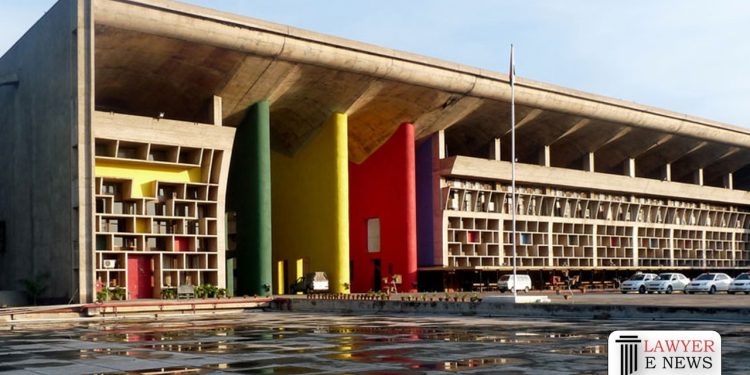Punjab and Haryana High Court Grants Interim Bail to Mother Who Gave Birth in Custody, Emphasizes Importance of Maternal Care and Child Welfare

In a significant judgment, the Punjab and Haryana High Court granted interim bail to Reena Kumari, a mother who gave birth to a child while in custody. The court emphasized the crucial role of maternal care and the welfare of the child, highlighting the need to protect the rights and well-being of newborns. Justice Anoop Chitkara, presiding over the case, stated, “No new mother and no pregnant woman should be subjected to restraints of any kinds, be it during the pre-natal period, labor and delivery, or the postpartum period.” The judgment underscores the court’s commitment to safeguarding the rights of women and children.
Reena Kumari had been arrested and detained following allegations that she had pushed her eight-year-old son into a canal, resulting in his tragic death. The petitioner contended that the incident was an unfortunate accident and that she was being falsely implicated due to matrimonial discord. Her counsel argued that her pre-trial incarceration would cause irreparable injustice to both the petitioner and her family.
Recognizing the significance of maternal health and the impact it has on fetal development, the court referred to international standards and constitutional provisions that advocate for non-custodial sentences for pregnant women and women with dependent children. It cited Rule 64 of the United Nations Rules for the Treatment of Women Prisoners and Non-custodial Measures for Women Offenders, which emphasizes the preference for non-custodial sentences when possible and appropriate, ensuring the best interests of the child.
Justice Chitkara highlighted the urgent need to consider the social and emotional well-being of both the mother and the child during the early stages of development. The court remarked, “Every newborn is an equal stakeholder on the planet, endowed with the same inherent rights of Aazadi, i.e., dignity, freedom, and security.” It stressed the potential negative impact of confinement on a child’s ability to form bonds and engage in proper social interactions.
Considering the circumstances of the case and the fact that Reena Kumari had recently given birth, the court found no justifiability for further pre-trial incarceration. However, it imposed stringent conditions to address concerns regarding the investigation, evidence tampering, and the possibility of the accused influencing witnesses. The court granted interim bail to the petitioner for six months, subject to specific terms and conditions.
This landmark judgment by the Punjab and Haryana High Court reinforces the importance of maternal care and the protection of children’s rights. It sets a precedent for prioritizing the well-being of mothers and their newborns during the judicial process, ensuring their fundamental rights are upheld.
D/d. 29.05.2023.
Reena Kumari VS State of Punjab






